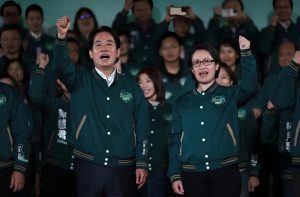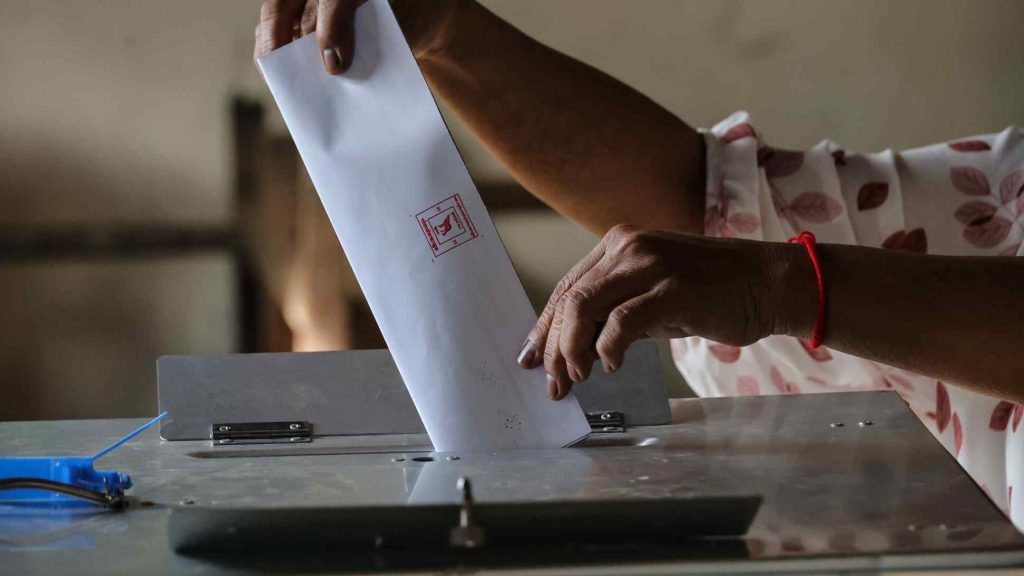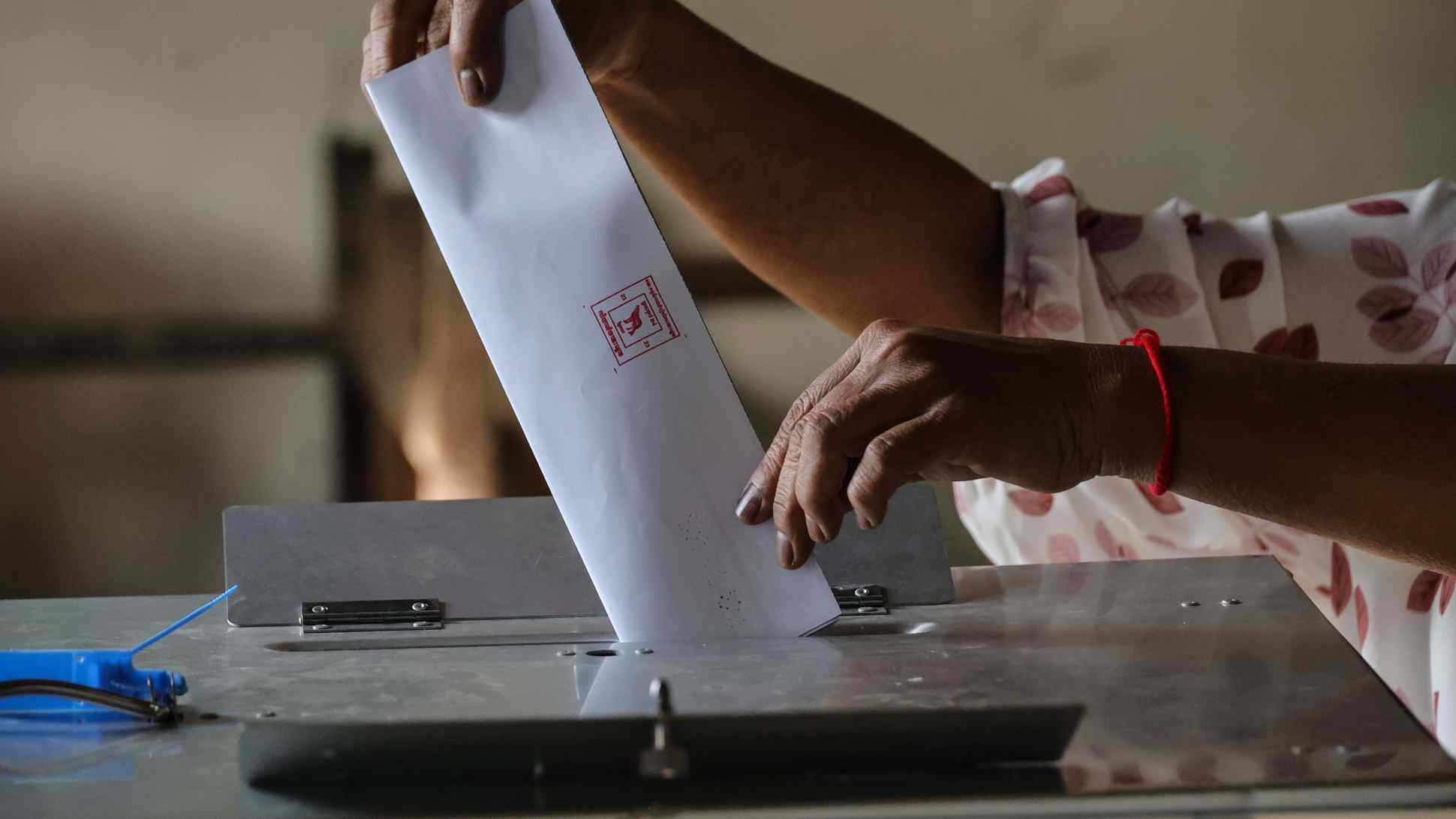








As Pakistan and Indonesia navigate pivotal elections, the outcomes hold significant implications for regional stability and international relations, against a backdrop of pressing socio-economic issues.


Welcome back to Asia & The Pacific Brief, where we take a look at the latest developments in two of Asia’s most pivotal democracies, Pakistan and Indonesia, as they face critical elections amidst challenging socio-economic landscapes. These elections are not just a test of political leadership but also a reflection of the countries’ paths toward addressing pressing issues that have significant implications for regional stability and international relations.
Amidst major political campaigns in two of Asia’s most important democracies, recent happenings in Pakistan and Indonesia have drawn interest from around the world. Since both countries are dealing with serious socio economic issues, the results of these elections will have a significant impact on regional stability as well as international relations.
The forthcoming presidential election in Indonesia, set on February 14, has been characterised by pledges to create jobs and overhaul the economy. Prabowo Subianto, one of the presidential hopefuls, is pursuing a majority vote in a single round and has been regarded as the front-runner by recent opinion polls. His campaign, which focuses on promises to create more than 15 million jobs over the next five years, is appealing to a young voter base that is extremely worried about job prospects in the country.
But Subianto’s decision to skip a recent press freedom event and his previous military career’s human rights record have raised questions. Though his campaign team has assured the nation that he is committed to press freedom, concerns remain about how democratically aligned his candidacy is.
In the meantime, Pakistan finds itself in a political impasse following a hotly contested national election. In order to establish a coalition government, former prime ministers Nawaz Sharif and Imran Khan are locked in negotiations as no single party could secure a legislative majority. The scenario is made more complex by the participation of smaller parties and independent candidates, especially those supported by Khan.
On top of this, there are issues such as economic instability and acts of militant violence. Pakistan’s economy is struggling and in need of monetary aid and needs prompt political action to resolve critical problems.
The world is keeping a careful eye on the procedures as coalition negotiations progress and political manoeuvring heats up in both countries. The results of these elections will influence regional dynamics and international partnerships. These varied democracies, which serve as role models for other Muslim-majority nations, must negotiate the challenges of governance in an effort to establish their positions on the international scene.
Written By: GABRIEL RAMIREZ
Written By: DILARA SAHIN
Written By: DILRUBA YILMAZ
Written By: NILAY CELIK
Written By: ELDANIZ GUSSEINOV
Written By: JOSEF SCHOEFL
Written By: SELCAN BEDIRHANOGLU
Written By: FATIH CEYLAN
FA’s flagship evening newsletter guilding you through the most important world streis ofthe day. Delivered weekdays.
